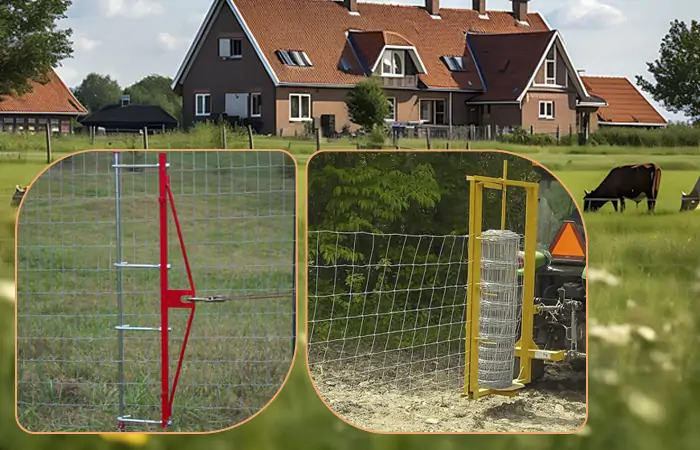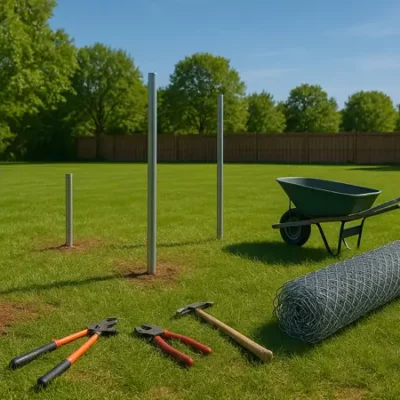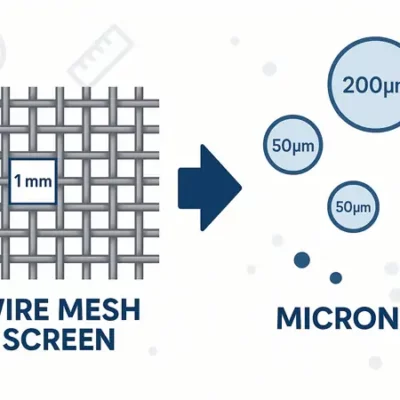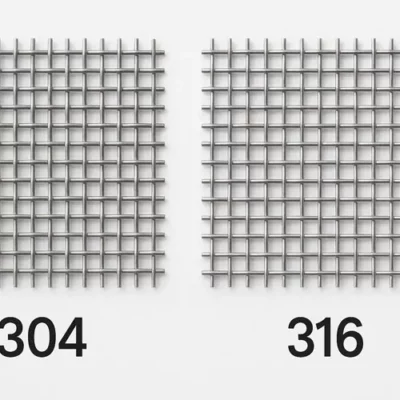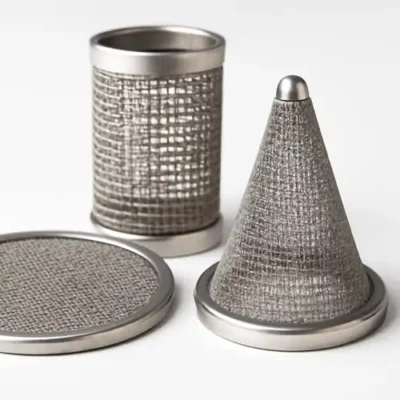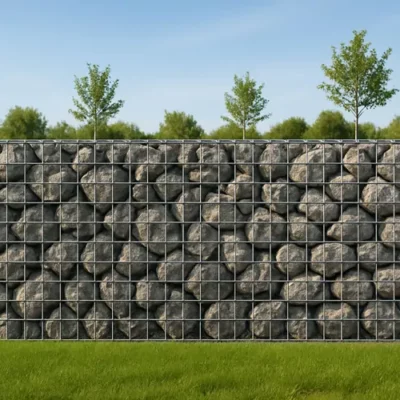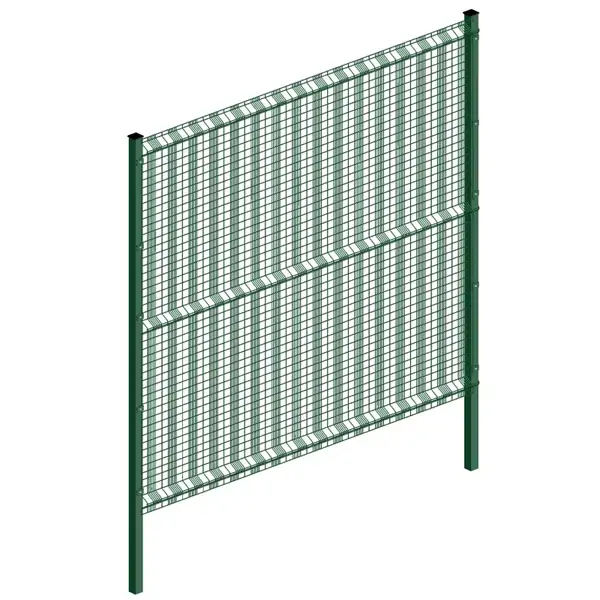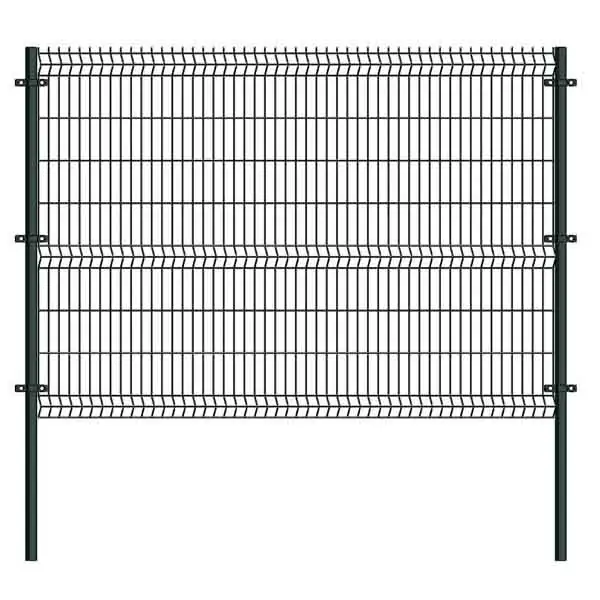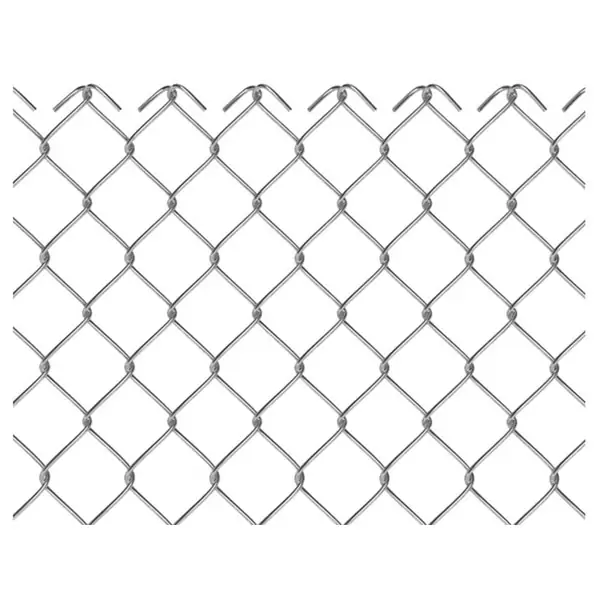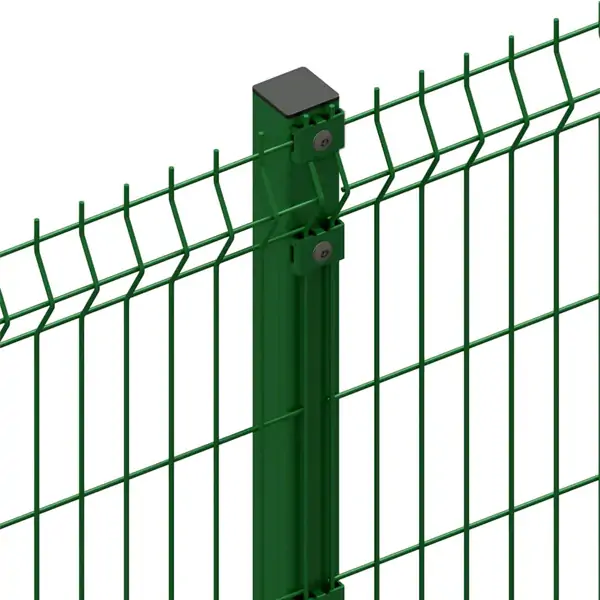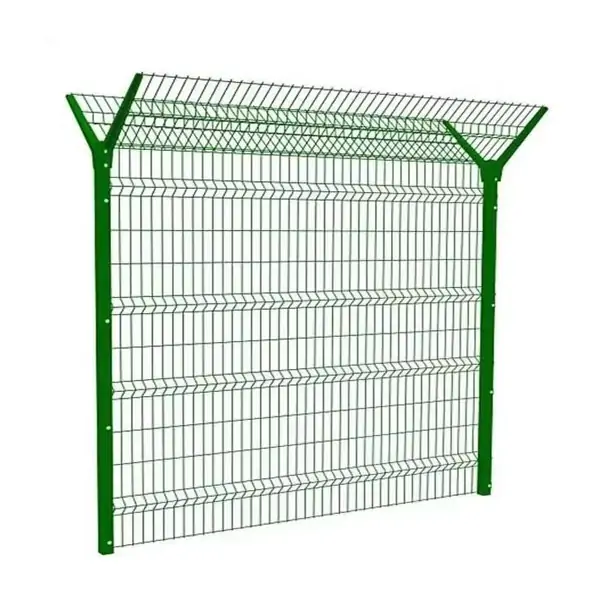Fencing is a critical component for any property requiring clear boundaries, livestock containment, or security. A field fence stretcher is the tool that ensures proper installation, maintaining the fence’s integrity over time. Choosing between a DIY or professional approach for using this tool is an essential decision that impacts time, cost, and overall effectiveness. This guide breaks down everything you need to know about field fence stretchers and provides insights to help you make the right choice for your specific needs.
Table of Contents
ToggleWhat is a Field Fence Stretcher?
A field fence stretcher is a specialized tool designed to apply even tension to a field fence, ensuring it remains taut and secure. Whether you’re working with woven wire, barbed wire, or another type of fencing, a fence stretcher allows for precise alignment, minimizes sagging, and improves the overall durability of the fence.
Why is It Important?
- Durability: A properly stretched fence is less prone to wear and tear.
- Efficiency: It saves time and effort during installation.
- Aesthetics: A well-tensioned fence looks professional and organized.
Field fence stretchers range from simple manual tools to advanced hydraulic equipment. Understanding the options available is the first step in determining whether to go the DIY route or invest in professional-grade equipment.
DIY Field Fence Stretchers
DIY field fence stretchers are typically low-cost tools or homemade solutions that cater to smaller projects or those working on a tight budget.
Types of DIY Fence Stretchers
- Hand Tools: Basic tools such as come-alongs or tension bars are popular among DIY enthusiasts.
- Homemade Stretchers: Using materials like wood clamps or repurposed pulleys, individuals can create custom stretchers to fit their needs.
Advantages of DIY Stretchers
- Affordability: DIY tools are generally inexpensive, making them ideal for small-scale projects.
- Customization: Homemade solutions allow you to adapt tools to your unique fence requirements.
- Accessibility: These tools are readily available at hardware stores or online.
Drawbacks of DIY Stretchers
- Limited Strength: Manual tools may struggle with high-tension requirements.
- Time-Consuming: Stretching a fence manually can take significantly longer.
- Risk of Errors: Uneven tensioning can lead to a less secure fence, requiring future adjustments.
Professional Field Fence Stretchers
Professional-grade fence stretchers are designed for large-scale projects, offering precision and efficiency unmatched by DIY tools.
Types of Professional Stretchers
- Hydraulic Stretchers: These are high-powered tools capable of handling heavy-duty fencing.
- Mechanical Stretchers: These tools combine durability with ease of use for medium to large projects.
Advantages of Professional Stretchers
- Efficiency: Professional tools significantly reduce installation time.
- Precision: They provide even tension across the entire fence line.
- Durability: Built for repeated use, professional tools last longer and can handle tougher tasks.
Drawbacks of Professional Stretchers
- Cost: These tools come with a higher upfront cost, making them less accessible for occasional users.
- Learning Curve: Operating advanced tools may require some training.
Key Factors to Consider
1. Project Size
Small-scale projects with minimal fencing requirements are ideal for DIY tools. For expansive properties or commercial purposes, professional-grade stretchers are more suitable.
2. Budget
If you’re working on a budget, DIY solutions are cost-effective. However, professional tools are a long-term investment that can save money if you regularly install fences.
3. Time Constraints
Professional stretchers save time, making them the best choice if you’re on a tight schedule.
4. Skill Level
DIY tools are straightforward, but professional tools may require training. Assess your comfort level with operating machinery before deciding.
5. Fence Material and Terrain
Lightweight fencing on flat terrain is manageable with DIY tools. For heavier materials or uneven ground, professional equipment ensures better results.
Cost Comparison
DIY Stretchers
- Tool Cost: $50-$150
- Time Investment: High
- Best For: Occasional or small projects
Professional Stretchers
- Tool Cost: $500-$1,500
- Rental Options: $50-$100/day
- Best For: Large-scale, frequent projects
Investing in professional-grade tools makes sense for long-term projects, while DIY tools are better for one-off tasks or small-scale fencing.
Safety Tips and Best Practices
- Use Protective Gear: Always wear gloves, goggles, and sturdy boots.
- Check Tension Gradually: Over-tensioning can damage the fence.
- Inspect Tools: Regularly check for wear and tear to ensure safe operation.
- Follow Manufacturer Guidelines: Always adhere to the instructions provided with the tool.
Where to Buy or Rent Field Fence Stretchers
Popular Options for DIY Stretchers
- Amazon: Affordable options for beginners.
- Local Hardware Stores: Wide availability and easy returns.
Professional-Grade Suppliers
- Tractor Supply Co.: Known for durable and reliable tools.
- Specialty Fencing Suppliers: Offer high-end equipment with warranties.
Conclusion
Choosing the right field fence stretcher depends on your specific needs, budget, and expertise. A DIY stretcher is ideal for small projects or occasional use, while professional tools are a better investment for large-scale or frequent installations.
Take the time to evaluate your project requirements and make an informed decision. A well-stretched fence not only enhances your property’s functionality but also boosts its appearance and longevity.

